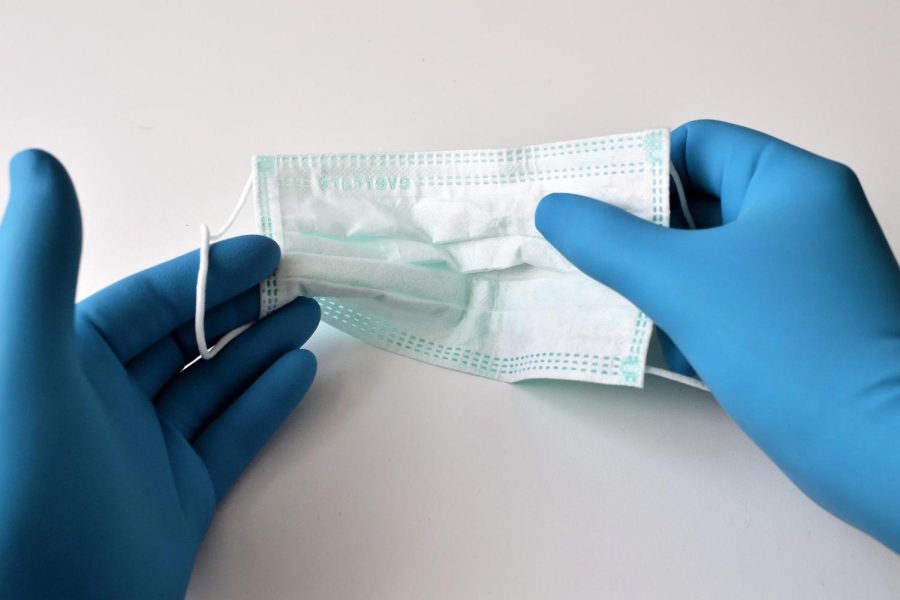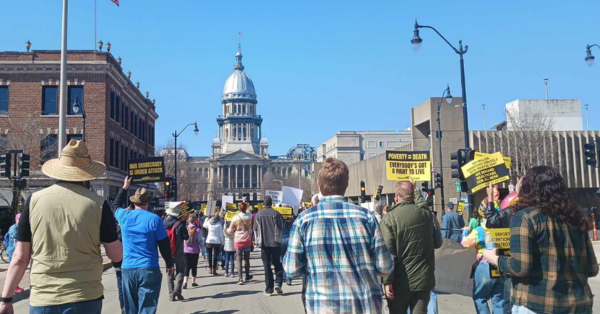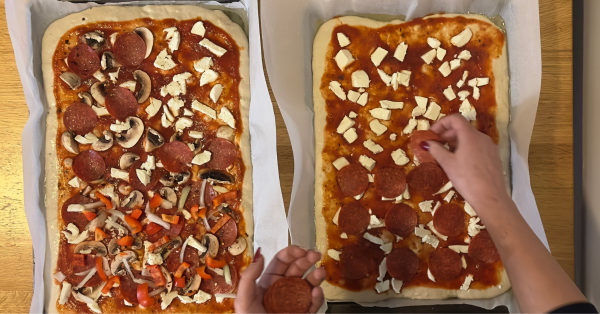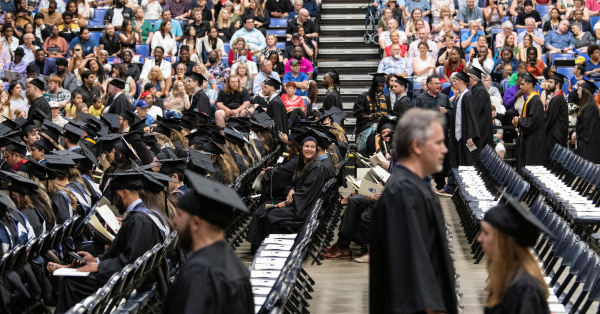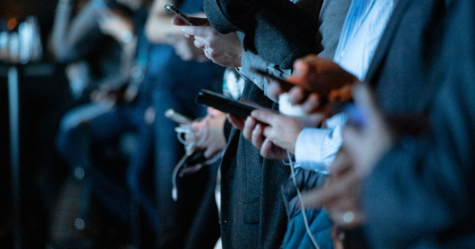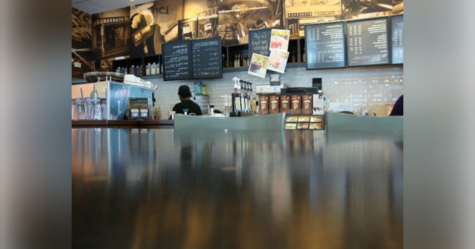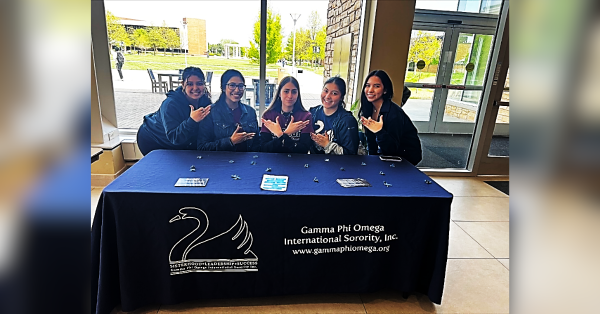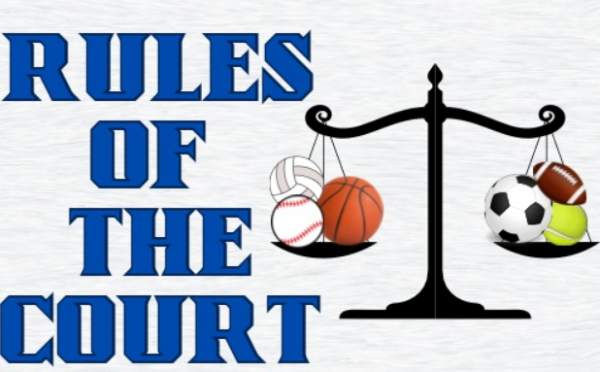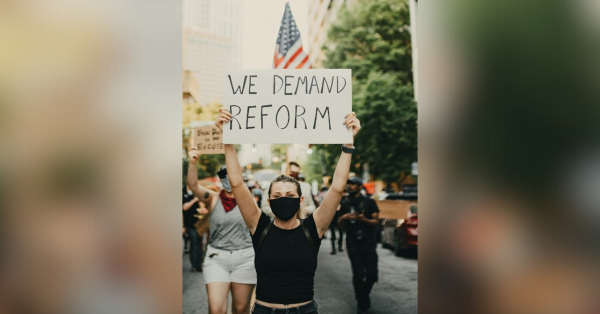It May Feel Good to Take It Off, but Maybe You Should Leave It On
For much of the length of the pandemic, the face mask has been seen as more than something that can reduce the spread of germs. Many people around the United States saw the mandates as government overreach and outright refused to wear one. An overwhelming number of people hung their hats on the observation that the flu season seemed to “totally disappear” in 2020. While the numbers were in fact down, it is important to note that we had better cleaning habits while practicing social distancing. These observations should act as evidence that wearing masks, frequently washing hands, and staying home when sick are things that benefit public health. Instead, the mask continues to be representative of a bigger battle.
Several airlines have dropped their mask mandate for travelers, just in time for the busy summer season. Airlines have reported that some travelers do not want to travel on airplanes if other passengers are no longer to show proof of a negative COVID test or wear a face mask. United Airlines CEO Scott Kirby appeared on The Today Show and mentioned that the company will work with passengers who did not feel comfortable with other customers who were not required to wear a mask. The immunocompromised, and children who are not yet eligible for the COVID vaccine find themselves at a higher risk than others when it comes to contracting the airborne virus. While packing into a small tube to travel the skies at a rate of speed too fast to have the windows down may seem like a stale-air hell, American Airlines has utilized the high-efficiency particulate absorbing (HEPA) filter since the 1990s. The filter captures 99.7% of microbes in the air and circulates it every 2-4 minutes through the compressor.
While this filtration makes air travel safer than rideshare services or Amtrak, many passengers and other members of the general public are right to feel wary of being in closed spaces with strangers who may or may not be COVID hosts. Over the past few years, cold and flu season has not had the impact that it had in years prior because we are being vigilant – and we should remain vigilant. By being proactive rather than reactive, we can help reduce the spread of airborne diseases both minor and major. Another way that Americans can reduce the spread of infectious diseases is by breaking up with the “hustle” culture that frowns upon personal days and taking time off when sick.
Americans have long been overworked and underpaid – and faced with increased layoffs during the lockdown, many took the time to re-evaluate careers, with many people switching to remote work which eliminates most of the transmission risk. Others were able to find jobs that offered sick time in tandem with cleaner workspaces. While another shutdown does not seem likely, it is up to us as a community to use our best judgment to wear a mask when appropriate – and most importantly – stay home if you are sick.

